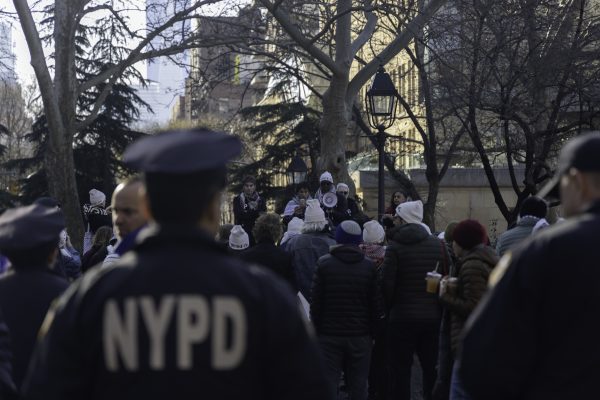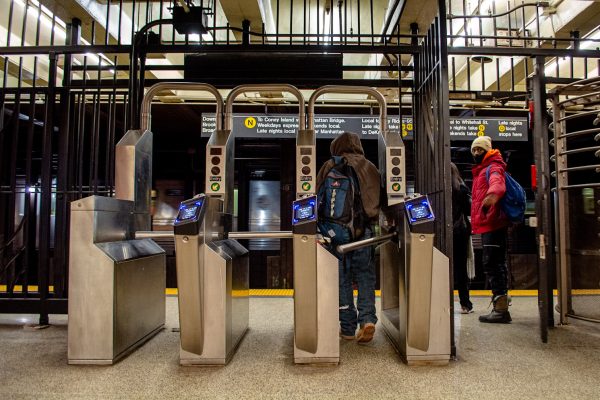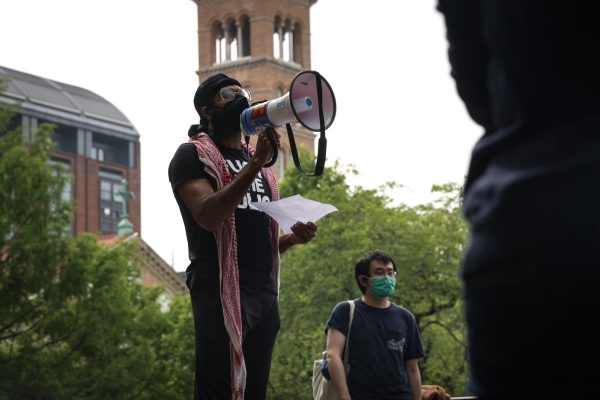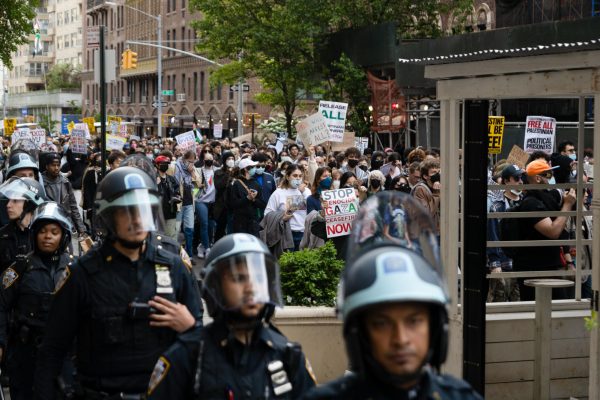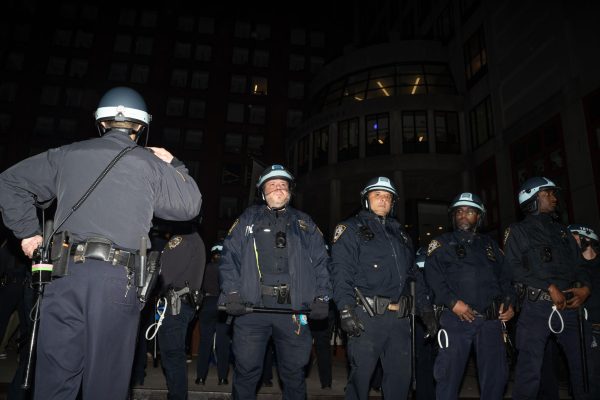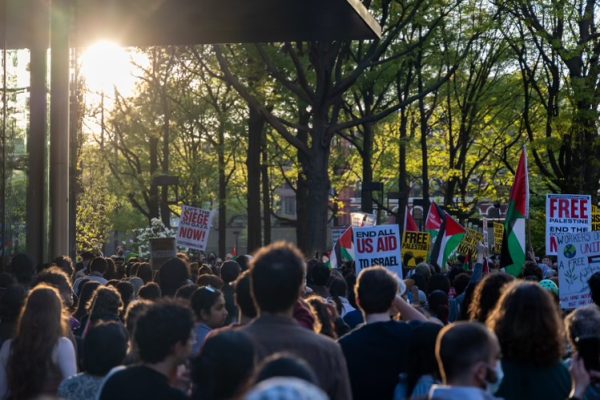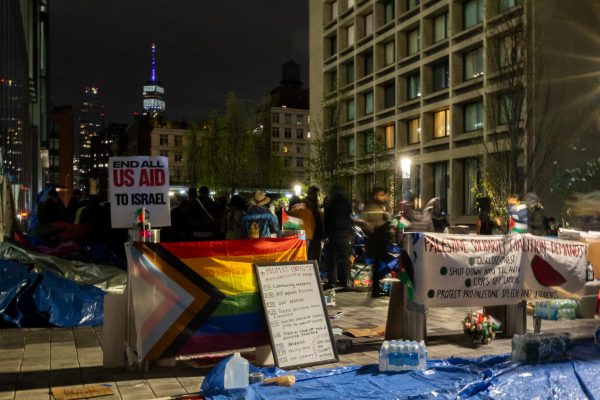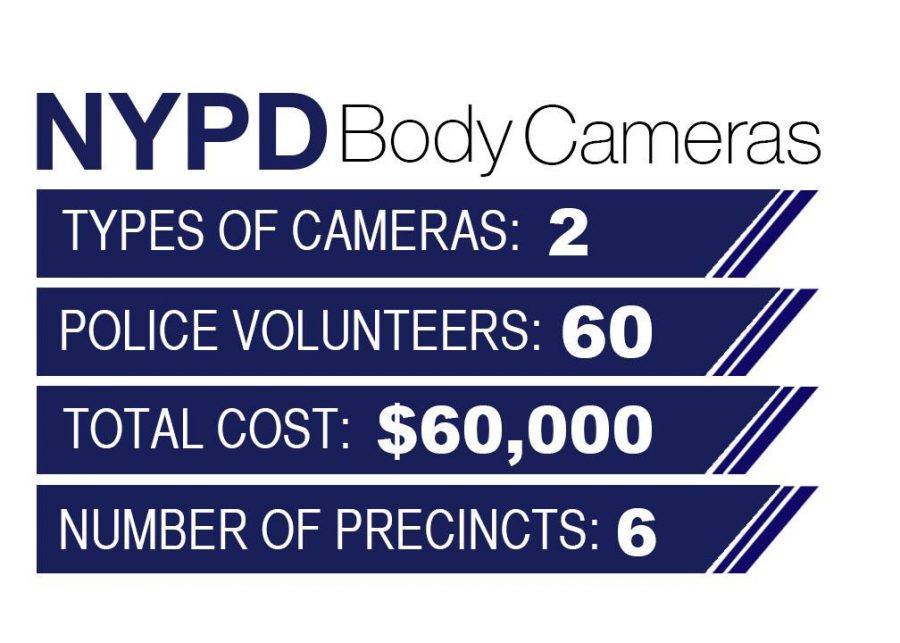NYU Reacts: NYPD implements body-mounted cameras
Related Stories
The New York City Police Department announced a new plan on Sept. 4 that will test two types of body-mounted cameras on its officers. Starting February 2015, 60 cameras will be distributed on a volunteer basis to one public housing precinct and five police precincts scattered across the boroughs.
On Aug. 11, a Public Advocate report was released that called for a program like the above as a response to the death of Eric Garner, a Staten Island resident who was killed by a police officer in an apparent chokehold in July. The program originated from a decision by U.S. District Judge Shira Scheindlin, who ordered the camera pilot as part of a ruling on the unconstitutionality of the NYPD’s stop-and-frisk policy.
New York City public advocate Letitia Jones said she hopes the program will better public safety and promote transparency in light of increased scrutiny over NYPD tactics.
Members of the NYU community have provided their thoughts on the matter.
“Police brutality has been in the news often in the past year. In one city where cameras were adopted, incidents of police violence and civilian complaints against the police dropped substantially. Cameras can also protect police officers from false accusations and can provide evidence of pedestrian or motorist illegality. The only way to find out how well this will work in New York is to try it, and have a competent researcher study the impact.” — David Greenberg, Sociology professor
“Personally I feel like it’s a good idea, one I’m surprised hasn’t been implemented already. I think it’s ridiculous that the NYPD, an agency with so much power and influence on all New Yorkers, has no real mechanism in place to hold officers accountable. The Eric Garner situation is horrifying and I can’t even begin to think about the fact that in a time without camera phones, the public would have never been aware of the atrocities committed.” — Jessica Herrera, CAS senior
“I find officer body cameras not only a lack of privacy but also an act of laziness. Recording individuals and their interactions with the police is not going to ease tensions between the two parties. What the police department needs to do is hold mandatory orientations or classes on race, gender and sensitivity training. If the body camera trial expands, not only will it be an additional waste to the taxpayer, but it will also make Orwell’s Big Brother idea not so fictional anymore.”
— Sonia Tavarez, CAS junior
“I just want to see this kind of thing at work to see its effectiveness. It seems good in theory, but we don’t know what other kinds of behavior we may cause and or prevent with the cameras.” — Ari Kaplan, Gallatin senior
A version of this appeared in the Wednesday, Sept. 10 print edition. Email Nathaly Pesantez at [email protected].























































































































































